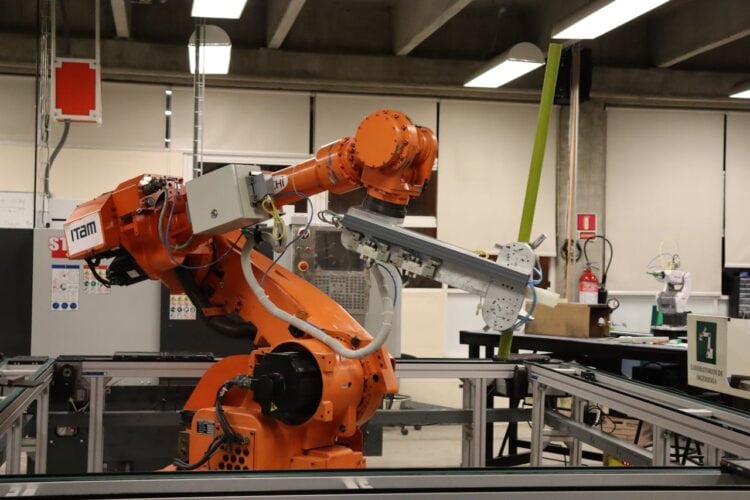A Rockwell Automation report highlights a significant shift in the manufacturing sector regarding cybersecurity, revealing that 61% of cybersecurity professionals plan to adopt artificial intelligence (AI) in their security strategies within the next year.
The “State of Smart Manufacturing Report” revealed that cybersecurity has now become the most pressing external concern for manufacturers, second only to economic conditions. Cybersecurity is now a strategic business concern.
Stephen Ford, vice president and global CISO at Rockwell Automation, stated, “As IT and OT become more connected, the attack surface is expanding. Cyber risk is now one of the top threats to manufacturing growth.”
Key findings on cybersecurity trends
The report outlines several critical findings regarding cybersecurity in the manufacturing sector:
- Cyber threats as major risks: Cybersecurity now ranks as the second most significant external risk, accounting for 30% of concerns, just behind inflation and economic growth (34%).
- Accelerated AI adoption: The plan to implement AI and machine learning for security purposes is notably high among cybersecurity professionals, exceeding the general manufacturing sector by 12 percentage points.
- Focus on IT/OT security: Nearly half (48%) of cybersecurity professionals believe that securing converging IT and OT architectures is essential for positive outcomes in the next five years, highlighting the critical need for integrated security measures.
- Talent development challenges: Despite the urgency, a shortage of skilled cybersecurity professionals remains a challenge. Over half (53%) of respondents from large companies identified cybersecurity practices as crucial skill sets, emphasising the need for workforce development in this area.
- Cybersecurity as a business enabler: Ford emphasised that “cybersecurity has become a business enabler,” noting that it is now about empowering transformation with confidence rather than merely preventing threats.
Preparing for future risks

As manufacturers increasingly adopt AI technologies to bolster their cybersecurity measures, the report suggests a proactive approach to managing risks. The integration of advanced technologies like AI enables real-time threat detection, ensuring that manufacturers can maintain productivity while navigating an increasingly complex threat landscape.
In conclusion, the evolving cyber risk environment necessitates a shift in mindset within the manufacturing sector, transforming cybersecurity from a reactive measure into a strategic advantage. By prioritising AI adoption and workforce development, manufacturers can better prepare for the challenges ahead.



